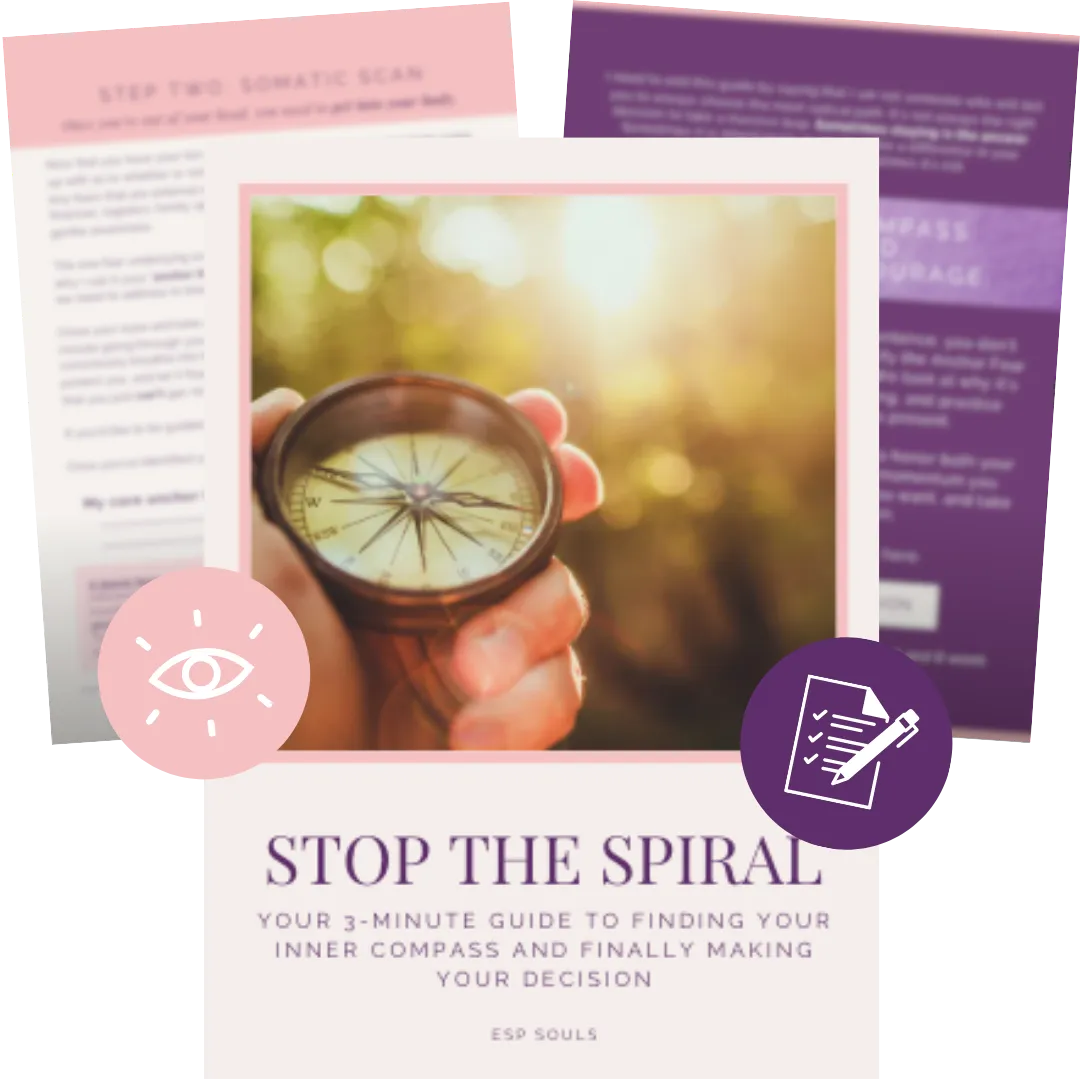
Helping Others When It’s Hard: Who Are You in That Moment?
A friend of mine was at the supermarket this week when a medical incident was called over the loudspeaker. Most people ignored it. Busy lives, groceries to buy, kids to pick up. But my friend dropped everything to help.
She had a full day too. School pick-up, swimming lessons, no wiggle room in her schedule. And yet, she chose to show up when it mattered most. And, as I said to her afterward, she made a difference that day.
Most of us like to think we’d do the same. But if we’re honest, many wouldn’t. And in that instance, many didn’t. That’s often not because we’re uncaring or selfish — it’s known as the bystander effect, a quirk of psychology that means the more people that are present, the less likely anyone is to step in. We look around, assume someone else will handle it, and keep going with our own lives.
The irony is everyone waiting for “someone else” is exactly why nothing changes. And in those moments, silence and inaction become a choice in themselves.
Don’t get me wrong, stepping in doesn’t always mean throwing yourself into every situation or abandoning your own needs. Sometimes it’s a quiet check-in, a phone call, or even simply staying present instead of looking away. The difference isn’t whether you always act, but whether you’re conscious in your choice.
And of course, it’s important to say this: not every situation is safe to step into directly. Your personal safety matters. Compassion doesn’t mean putting yourself in danger — but it's deciding how or if you can help someone in need.
Life will always hand us moments where it would be easier to look away, to avoid, to hurry on with our own plans. It takes an intentional choice to be different, to do otherwise.
I once heard the analogy that people are like sponges: when squeezed, whatever’s inside is what comes out. Compassion or indifference. Patience or frustration. Love or resentment.
That squeeze might be an emergency. Or it might just be your toddler’s tantrum, your boss’s deadline, or your partner’s silence at dinner. What spills out in those moments is what reveals you most.
Whatever spills out when you’re squeezed isn’t meant to be judged as right or wrong — it’s information. It shows you where your patterns live, whether that’s compassion, avoidance, frustration, or people-pleasing. You can hold it up to your values to see if there's congruency. Once you see it, you get to decide: is this who I want to be, or is this just an old habit running the show?
How easy is it to smile at the shop assistant, to let someone in when you’re driving, or patiently wait when you’re in a good mood? You spread joy and love through your day and feel like the best of you is the true indication of who you are.
But who are you when you’re sitting in traffic, running late, stressed about your day, or hurting? The moments when it’s hardest to show up reveal a lot about our default patterns — and give us the chance to choose differently, not to judge ourselves.
Here’s the trap: we think being “neutral” is a safe middle ground. That walking past isn’t as bad as being cruel. That silence isn’t as cutting as sharp words. That staying out of it keeps our hands clean.
But neutrality is not nothing — it still tilts the scales. In a breakup, it can look like ghosting instead of yelling. In public, it looks like keeping your eyes down instead of helping. Both may feel less harmful than outright nastiness, but both still communicate indifference. And indifference, in its own quiet way, wounds just as deeply.
This isn’t about proving yourself to others, or sacrificing your wellbeing to be a “good” person. It’s about noticing the crossroads in front of you and choosing with intention. Sometimes the compassionate thing is stepping forward. Sometimes the compassionate thing is holding your boundary and stepping back. Either way, neutrality by default isn’t really neutral — it’s avoidance.
So, what it ultimately comes down to is: do you make a conscious, intentional choice that aligns with your values or do you pretend that you don’t have to?
I know this can be uncomfortable but there’s such an opportunity for growth here, especially in a world so divided and in a culture of separation.
Who are you when it’s inconvenient?
Who are you when you’re running late?
Who are you when you don’t have time?
Who are you when you’re hurting?
Who are you when someone else is?
Because those moments — the squeezed, inconvenient, uncomfortable ones — are the ones that define us. And they’re also the ones that give us the greatest opportunity to grow.
[Noticing who you are is the first step. Deciding who you want to be is the next. Therapy gives you the space to explore and practice that with support. Book your first Soul-Led Therapy session today]



